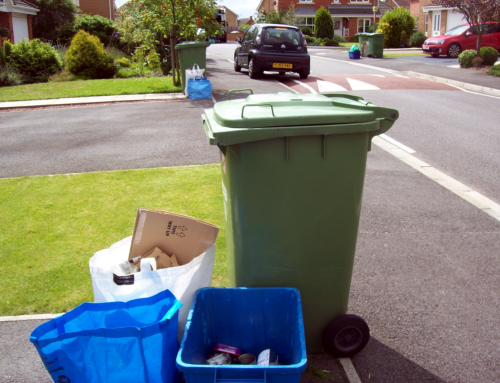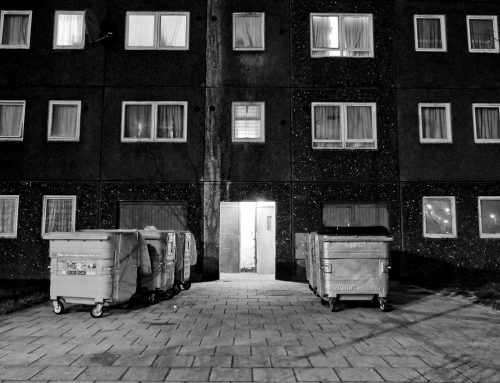by Phillip Ward
3 minute read
“Bin Fines Set for the Scrapheap” is the headline in Defra’s press release but the consultation document it announces is significantly more modest in its ambitions.
First, it seems fines are not going to be scrapped, merely reduced in size and perhaps changed from criminal to civil penalties. In waste hierarchy terms, it sounds more like fines being reused than disposed of – but, as with waste, that is to be preferred.
One curious aspect of the proposal is the recognition in the consultation that hardly anyone has ever been prosecuted for an offence under S46 of the Environmental Protection Act 1990(EPA). The problem is really one of local authorities sending letters to householders pointing out that they could prosecute and if they continue to set their waste out wrongly the maximum fine could be £1,000. Would a fine of £70 – 110 as proposed have the same deterrent effect? I think so; but then I suspect that the threat of such a fine would produce the same indignation too.
Another fine mess
A second curiosity is that the consultation looks only at offences under S46 of the EPA, which relates to household collections. It ignores offences under S33 – fly-tipping – where the penalties are significantly larger. That is odd, since tabloid concern about fines has been as much ignited by cases where individuals who left materials outside overflowing recycling bins or closed HWRC sites were pursued under the fly-tipping provisions as by cases concerning household collections.
The other novel proposal is that there should be a new test of damage to local amenity before any fine could be applied. But arguably that is the wrong test. The rules which authorities set for their collections are not primarily concerned with amenity. The bar on putting refuse containers out too early is not primarily because they look ugly but because they cause safety hazards on pavements, particularly to the elderly and disabled. Presenting a recycling box half full of contaminants does not pose an amenity issue, but it does risk the rejection of recyclate by reprocessors at considerable cost to local taxpayers.
A more useful test would be whether misuse of the system persists after proper explanation/advice. Assuming that the waste service rules local authorities set are objectively justifiable, I think the public would accept that, provided someone has been given an explanation of how to do it right and a warning of the consequences of continuing to do it wrong, a fine would be justified.
I have always been critical of those few authorities that reached straight for the threatening letter rather than engaging with offending households. It may seem cheaper in the short run but it is much less effective. Fortunately, most local authorities understand that and try to keep the tone of early interactions positive and non-threatening.
One positive is that at least the consultation is being run from Defra rather than DCLG – and for all the fanfare of its launch, maybe it can be summed up by the Hitchhiker’s Guide to the Galaxy’s description of the Earth– mostly harmless.






Leave A Comment